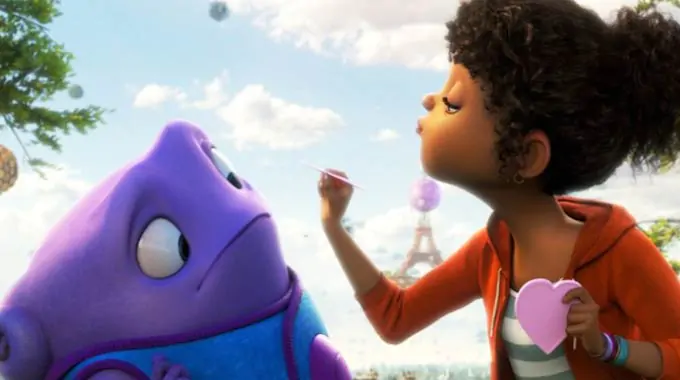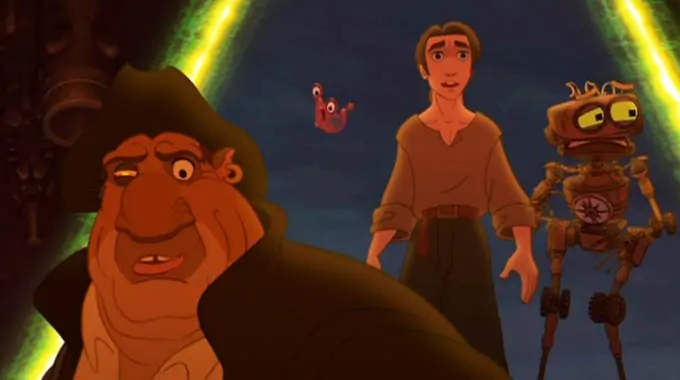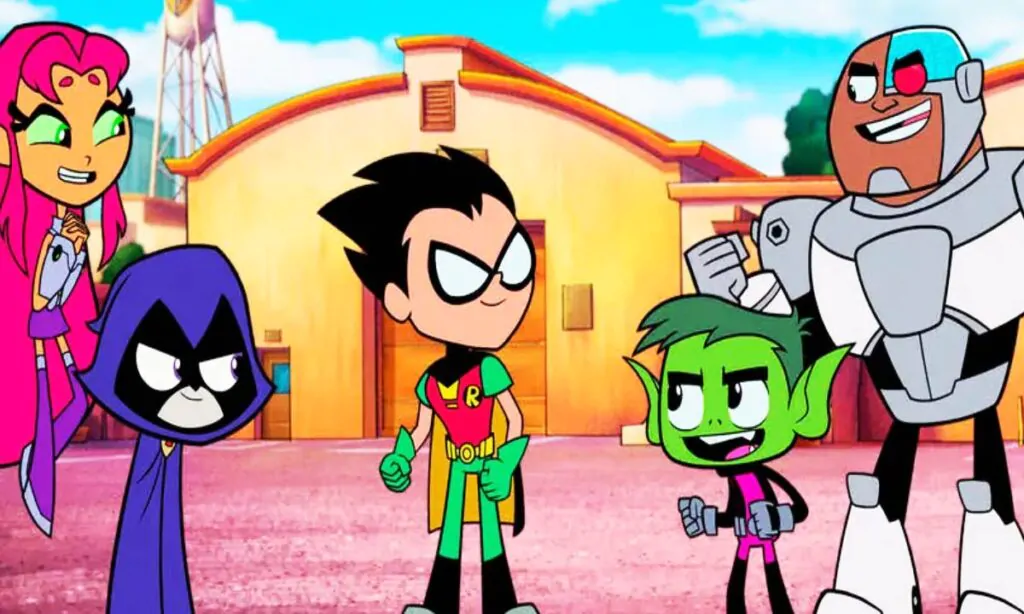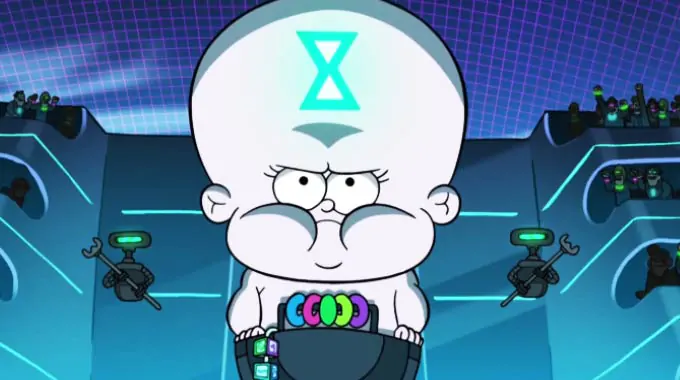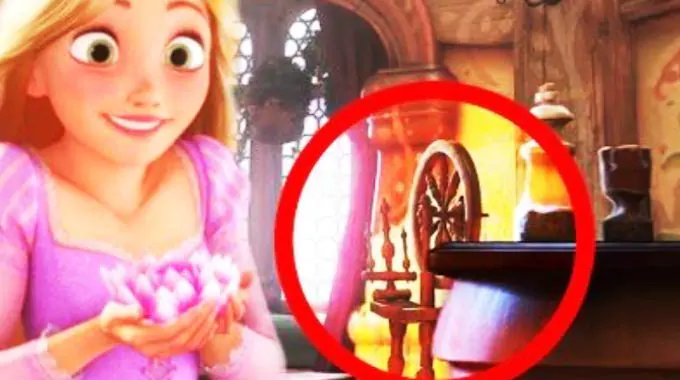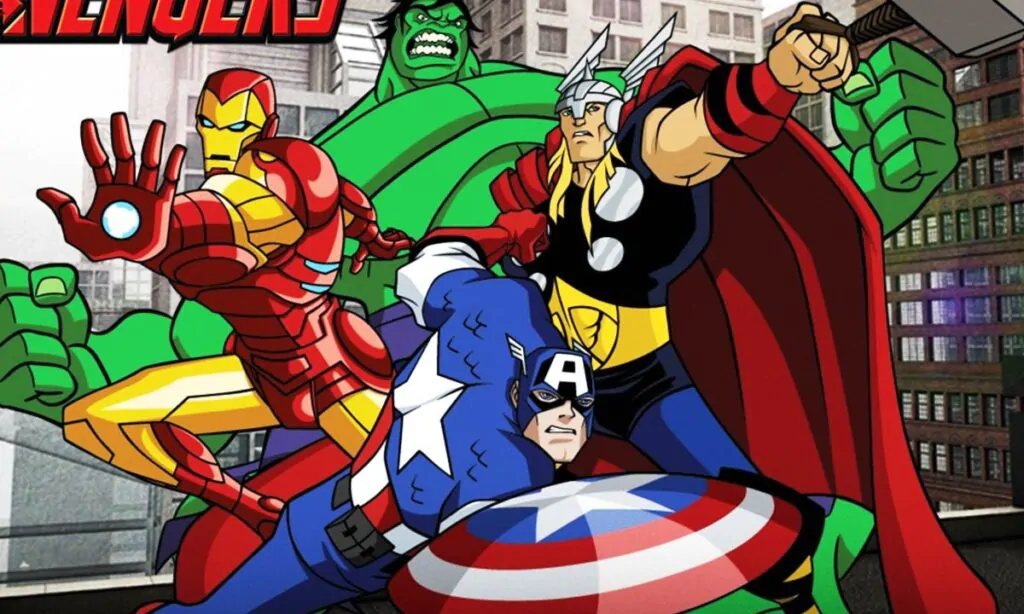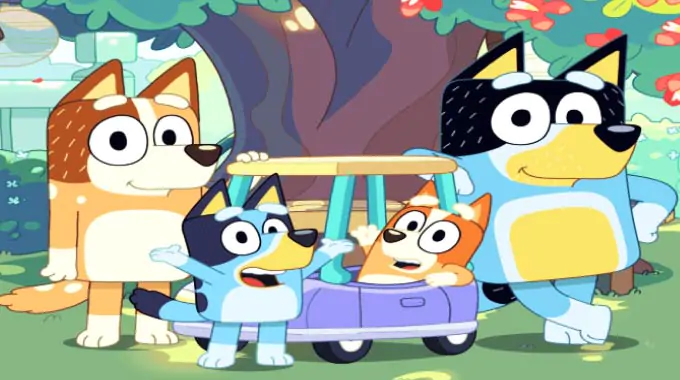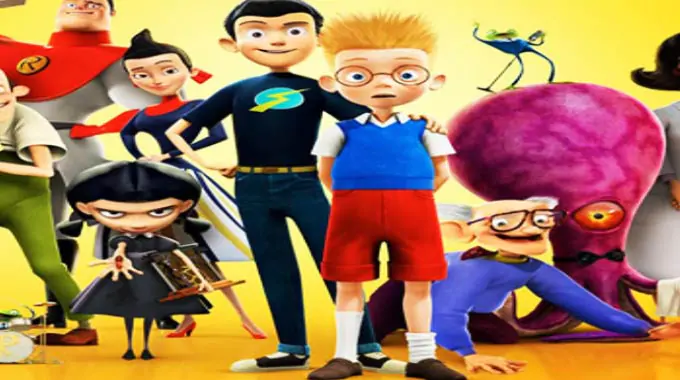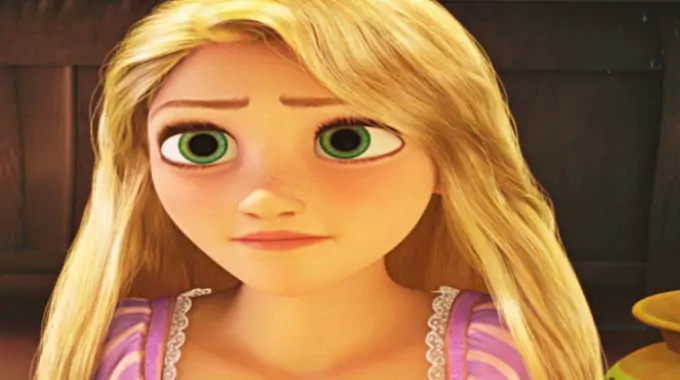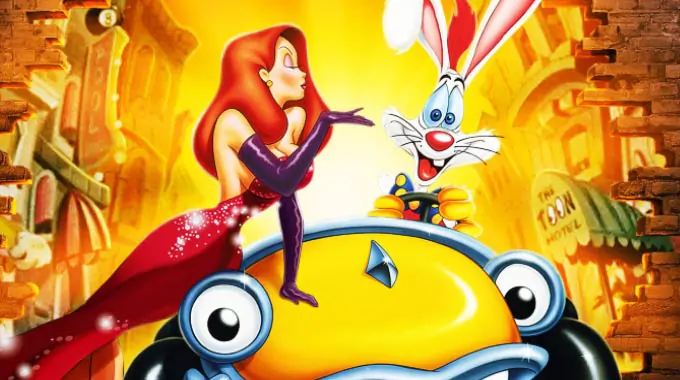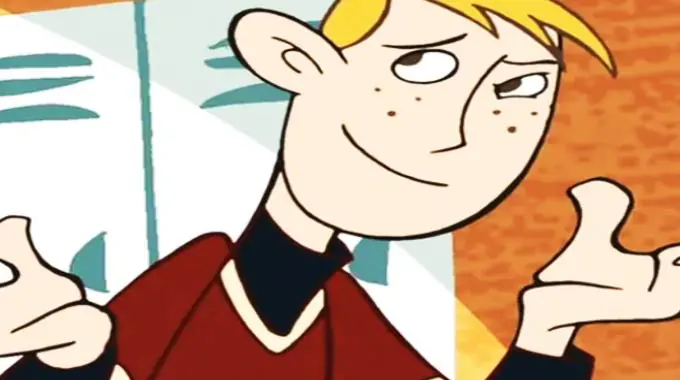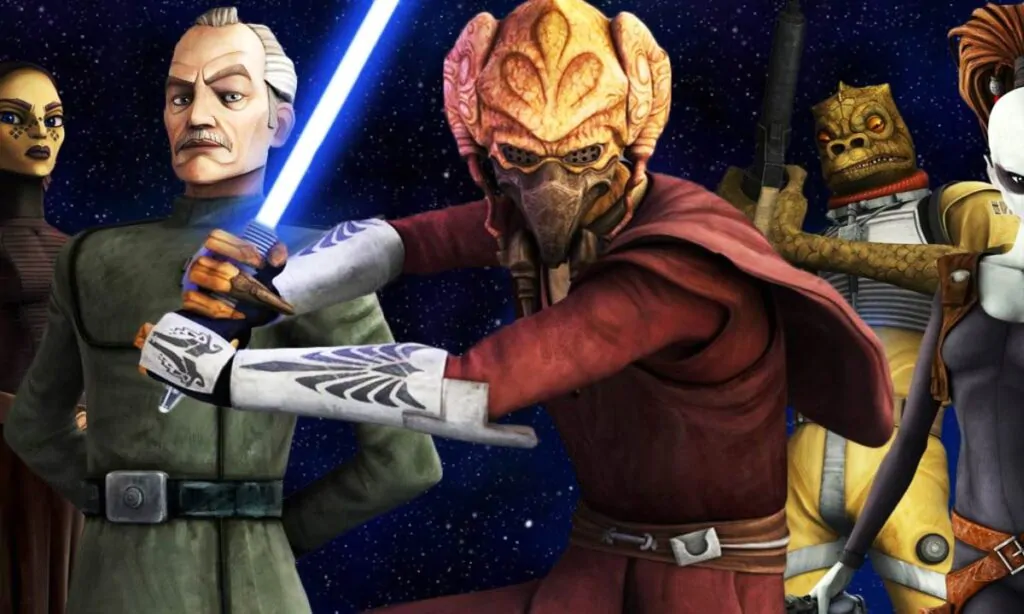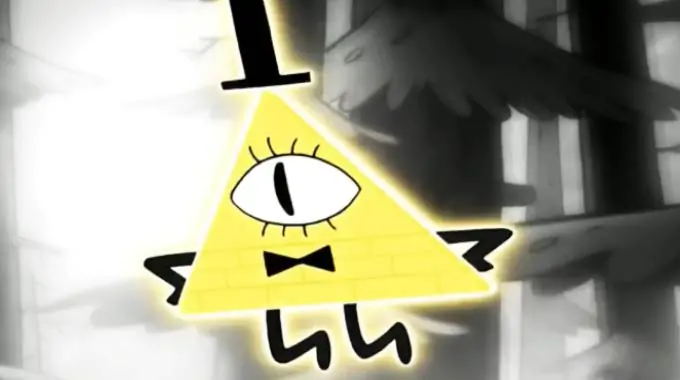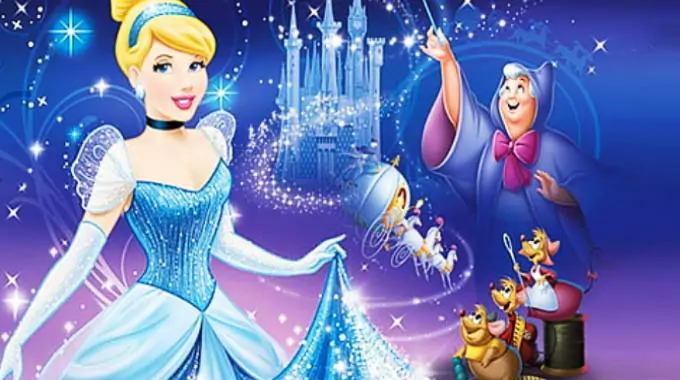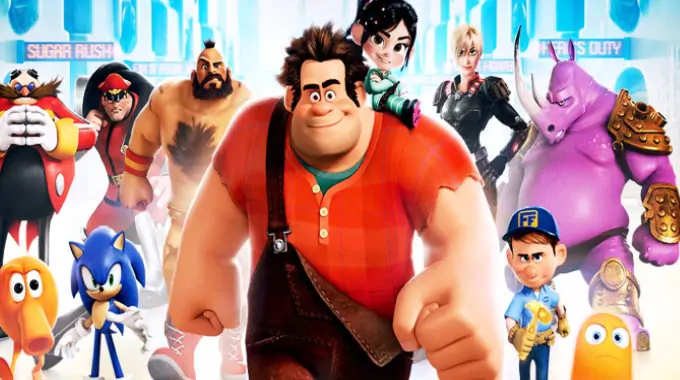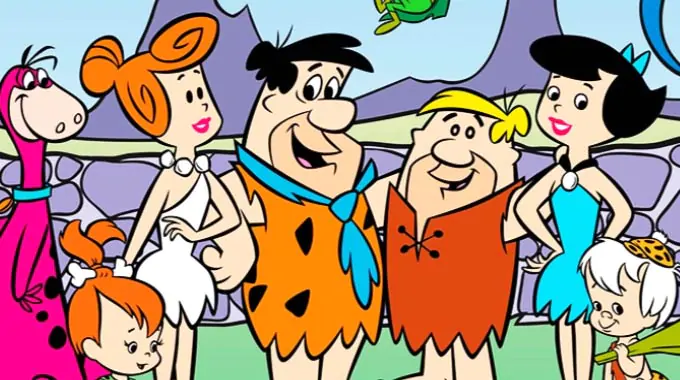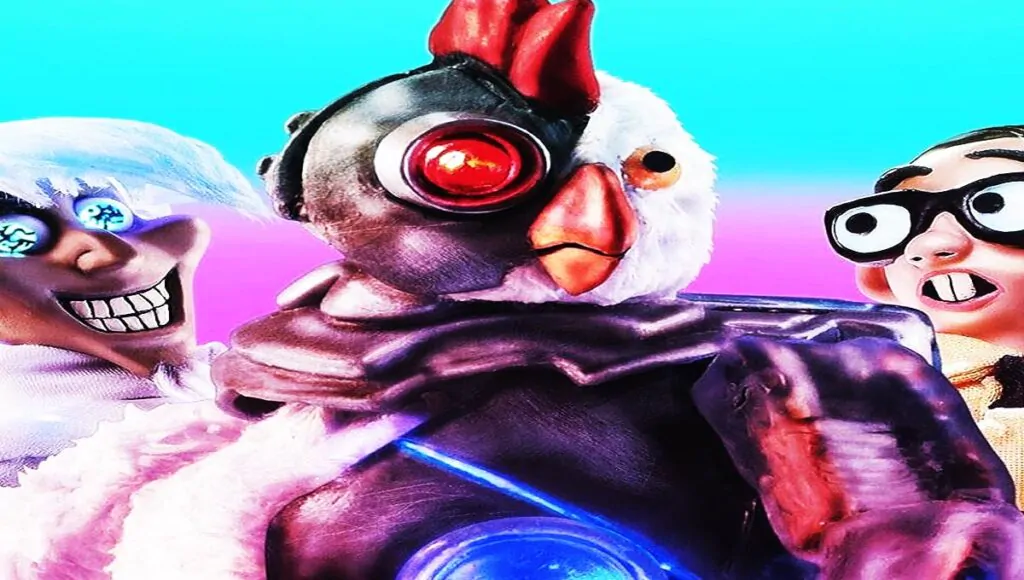List of Elsa Facts:-
Elsa is a fictional character in Disney’s animated film Frozen and its sequel Frozen II.
She is voiced by American actress and singer Idina Menzel.
Elsa is the older sister of Anna, the main protagonist of the Frozen franchise.
She was born with magical powers to create and manipulate ice and snow.
Elsa accidentally injured Anna with her powers when they were young, which caused their parents to isolate Elsa and make her suppress her powers.
Elsa is depicted as a reserved and introverted character who struggles with her emotions and fears of hurting others with her powers.
She is also shown to be a perfectionist and a bit of a control freak.
Elsa’s signature song is “Let It Go,” which became a global hit and won an Academy Award for Best Original Song.
The song “Let It Go” was originally intended to be a villain song, but it was reworked to fit Elsa’s character arc.
Elsa’s character design was inspired by the Scandinavian folk tales of the Snow Queen.
Elsa’s ice palace, which she creates in the film, is based on the real-life ice hotel in Jukkasjärvi, Sweden.
Elsa’s name means “noble” or “truthful” in Hebrew.
Elsa’s appearance has been updated in Frozen II to reflect her maturation and growth as a character.
In Frozen II, Elsa discovers that she and Anna are descended from a tribe known as the Northuldra, and that their mother was part of that tribe.
Elsa’s magical powers are further explored in Frozen II, as she learns that she has the ability to control other elements besides ice and snow.
Elsa’s hair is animated using a unique software system called Tonic, which allows animators to create complex hairstyles with realistic movement.
Elsa’s dress in the “Let It Go” sequence required 420 yards of blue fabric and 2,000 Swarovski crystals.
Elsa has been praised for being a positive role model for young girls, as she is a strong and independent character who learns to embrace her true self.
Elsa is the first Disney Princess to have a sequel that is not a direct-to-video release.
Elsa is the first Disney Princess to be crowned as a Queen within her own movie.
Elsa’s character has been criticized by some for perpetuating the trope of the “ice queen” who is cold and unapproachable.
Elsa has become a popular character for cosplayers and has been featured in numerous cosplay events and competitions.
Elsa has been featured in various Disney merchandise, including toys, clothing, and accessories.
Elsa is a playable character in various Disney video games, including Disney Infinity and Kingdom Hearts III.
Elsa has been featured in various Disney theme park attractions, including Frozen Ever After and Frozen – Live at the Hyperion.
Elsa has become a cultural phenomenon and has been referenced and parodied in various forms of media.
Elsa’s popularity has led to numerous fan theories and speculation about her character and her magical powers.
Elsa’s character has inspired various art and fan fiction, including alternate universe stories where she is paired with other Disney characters.
Elsa has been ranked among the most popular and iconic Disney Princesses, alongside Cinderella, Snow White, and Belle.
Elsa’s character has had a significant impact on popular culture and has become a beloved figure among children and adults alike.
Elsa’s character is based on the protagonist of the Hans Christian Andersen fairy tale “The Snow Queen,” but the filmmakers made several changes to the character for the Frozen franchise.
The filmmakers originally considered casting a different actress to sing Elsa’s songs, but ultimately decided to have Idina Menzel provide the vocals.
Elsa’s character was initially designed with blonde hair, but the filmmakers later changed it to platinum blonde to make her stand out more.
Elsa’s physical appearance was inspired by the Norwegian actress and model, Hege Schøyen.
Elsa’s character has been described as a metaphor for mental health issues, particularly anxiety and depression.
Elsa is one of the few Disney Princesses who does not have a love interest in her own movie.
Elsa’s powers are based on the natural phenomena of cryokinesis and psychokinesis.
Elsa’s character was originally envisioned as a villain, but the filmmakers decided to make her a sympathetic protagonist.
Elsa’s magical powers have been compared to those of the Marvel Comics character, Iceman.
Elsa is one of the few Disney Princesses who is not born into royalty, but becomes a queen through her own actions.
Elsa’s character has been compared to the character of Elphaba from the musical Wicked, which also stars Idina Menzel.
Elsa’s character has been praised for promoting sisterhood and female empowerment.
Elsa’s character has been criticized for being too focused on her own problems and not being as supportive of her sister Anna as she should be.
Elsa’s character has been compared to the character of Anna Karenina from the novel of the same name.
Elsa’s character has been parodied in various forms of media, including in the TV show South Park.
Elsa’s character has inspired numerous fan theories, including one that suggests she may be related to the characters in Disney’s Tangled.
Elsa’s character has been compared to the character of Rogue from the X-Men franchise, who also has the ability to absorb and manipulate other people’s powers.
Elsa’s character has been featured in several musical productions, including a stage adaptation of Frozen that premiered on Broadway in 2018.
Elsa’s character has been included in various Disney-themed merchandise, including clothing, jewelry, and home decor.
Elsa’s character has been featured in several Disney Parks attractions, including the Frozen Ever After ride at Epcot in Walt Disney World.
Elsa’s character has been included in various Disney Princess lineups and merchandise, despite not being officially classified as a Disney Princess.
Elsa’s character has been used as a symbol of LGBTQ+ representation by some fans, who interpret her story as a metaphor for coming out.
Elsa’s character has been the subject of various academic studies and research papers, including one that examined her role in promoting environmentalism.
Elsa’s character has been referenced in several popular songs, including “Let It Go” by James Bay and “Do You Want to Build a Snowman?” by Dove Cameron.
Elsa’s character has been featured in various video games, including Disney Magic Kingdoms and Disney Princess: My Fairytale Adventure.
Elsa’s character has been portrayed in live-action adaptations of Frozen, including a television special called Frozen Live! A Musical Celebration.
Elsa’s character has been adapted into several languages for international versions of Frozen, including Mandarin, Japanese, and Russian.
